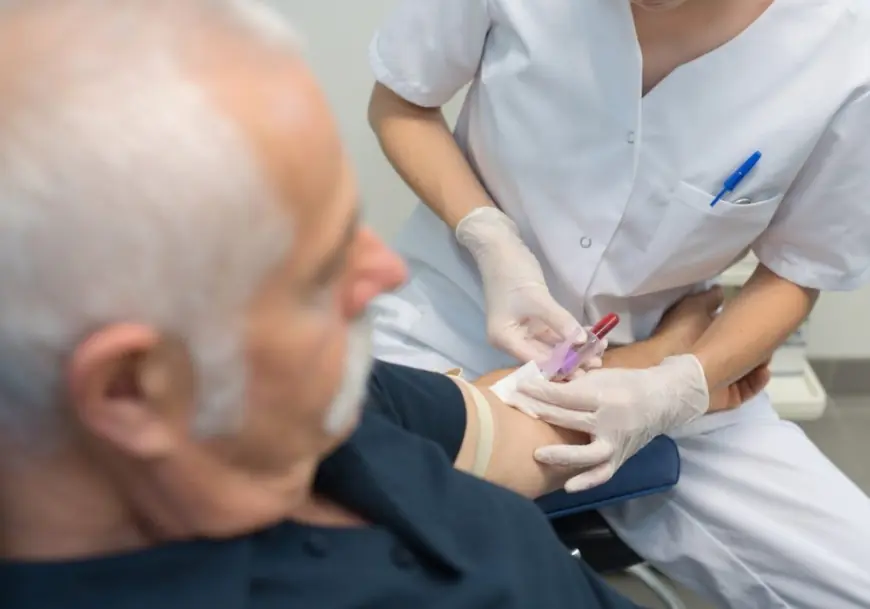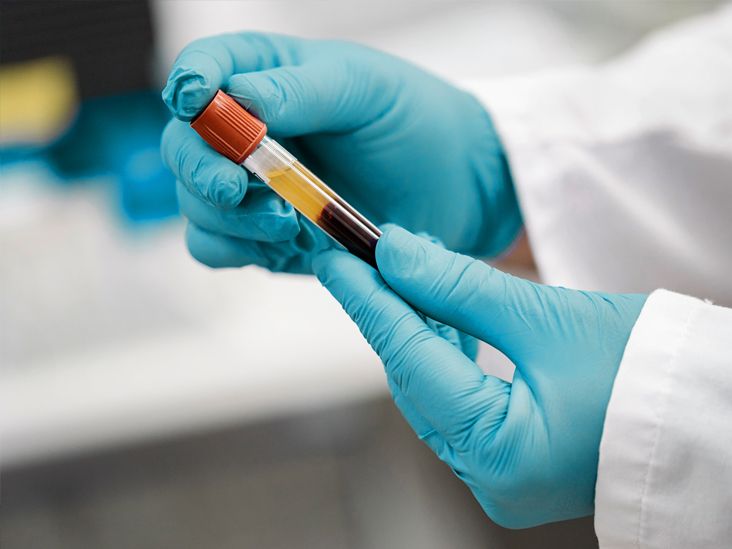Blood Test at Home for Fertility: What You Should Know

Fertility is a crucial aspect of reproductive health, and understanding it can help individuals and couples make informed decisions. Traditionally, fertility testing required visits to clinics, but advancements in medical technology now allow for Blood Test at home Dubai options. These tests provide convenience, privacy, and accurate insights into hormonal levels that influence fertility.
In this article, we’ll explore how at-home fertility blood tests work, what they measure, their benefits, and what to consider before opting for one.
Understanding Fertility Blood Tests
Fertility blood tests analyze key hormones that play a significant role in reproductive health. These hormones regulate ovulation, egg quality, sperm production, and overall fertility.
What Do At-Home Fertility Blood Tests Measure?
A blood test at home for fertility typically checks the following hormones:
-
Follicle-Stimulating Hormone (FSH): Helps assess ovarian reserve and egg production in women and sperm production in men.
-
Luteinizing Hormone (LH): Triggers ovulation in women and supports testosterone production in men.
-
Estradiol: A form of estrogen that indicates ovarian function.
-
Progesterone: Confirms whether ovulation has occurred.
-
Anti-Müllerian Hormone (AMH): Provides insight into ovarian reserve and potential fertility.
-
Prolactin: High levels may interfere with ovulation.
-
Testosterone: Important for both male and female fertility.
These tests help identify potential hormonal imbalances that could affect conception.
How Does a Blood Test at Home for Fertility Work?
At-home fertility blood tests are designed for ease and accuracy. Here’s how they typically work:
Ordering the Test Kit
You can purchase a fertility blood test kit online from a reputable provider. The kit includes detailed instructions, a lancet for finger-prick blood collection, and materials to safely store and ship your sample.
Collecting the Blood Sample
The process involves a simple finger-prick to draw a small blood sample. Most kits provide clear, step-by-step guidance to ensure proper collection.
Sending the Sample to the Lab
Once collected, you mail the sample to a certified laboratory for analysis. Results are usually available online within a few days, along with explanations of the findings.
Benefits of At-Home Fertility Blood Tests
Opting for a blood test at home offers several advantages:
Convenience and Comfort
No need to visit a clinic—testing can be done in the comfort of your home at a time that suits you.
Privacy
Some individuals prefer the discretion of testing at home rather than discussing fertility concerns in a clinical setting.
Early Insights
Early hormone level assessments can help detect potential fertility issues before they become more serious.
Tracking Over Time
Regular testing allows you to monitor hormonal changes and assess how lifestyle adjustments or treatments may be affecting fertility.
Who Should Consider an At-Home Fertility Blood Test?
At-home fertility blood tests can be useful for:
Women Planning Pregnancy
Those who want to understand their ovarian reserve or identify potential ovulation issues.
Couples Trying to Conceive
Couples experiencing difficulty conceiving may use these tests to check for hormonal imbalances.
Individuals with Irregular Cycles
Women with irregular periods can benefit from hormone level insights to determine underlying causes.
Men Concerned About Fertility
Men can also check testosterone and other hormone levels that impact sperm production.
Limitations of At-Home Fertility Testing
While blood test at home options are convenient, they have some limitations:
Not a Replacement for Comprehensive Testing
At-home tests provide valuable insights but may not replace a full fertility evaluation by a specialist.

Timing Matters
Some hormones must be tested at specific times in the menstrual cycle for accurate results.
Follow-Up May Be Needed
Abnormal results may require further testing or consultation with a healthcare provider.
How Accurate Are At-Home Fertility Blood Tests?
Reputable at-home fertility tests use CLIA-certified labs, ensuring high accuracy. However, factors like improper sample collection or testing at the wrong time in the menstrual cycle can affect results. Always follow instructions carefully.
When to Consult a Healthcare Provider
If your test results indicate hormonal imbalances or if you’ve been trying to conceive without success, consulting a specialist is advisable. They can provide a more comprehensive assessment and recommend appropriate next steps.
Final Thoughts
A Blood Test at home in Dubai for fertility is a convenient and effective way to gain insights into reproductive health. By measuring key hormones, these tests help individuals and couples understand potential fertility challenges early. While they offer many benefits, they should be used as part of a broader fertility assessment when needed.
If you're considering an at-home fertility test, choose a reputable provider and follow the instructions carefully for the most accurate results. Knowledge is power—and understanding your fertility can help you take proactive steps toward your reproductive goals.
What's Your Reaction?
 Like
0
Like
0
 Dislike
0
Dislike
0
 Love
0
Love
0
 Funny
0
Funny
0
 Angry
0
Angry
0
 Sad
0
Sad
0
 Wow
0
Wow
0



















































